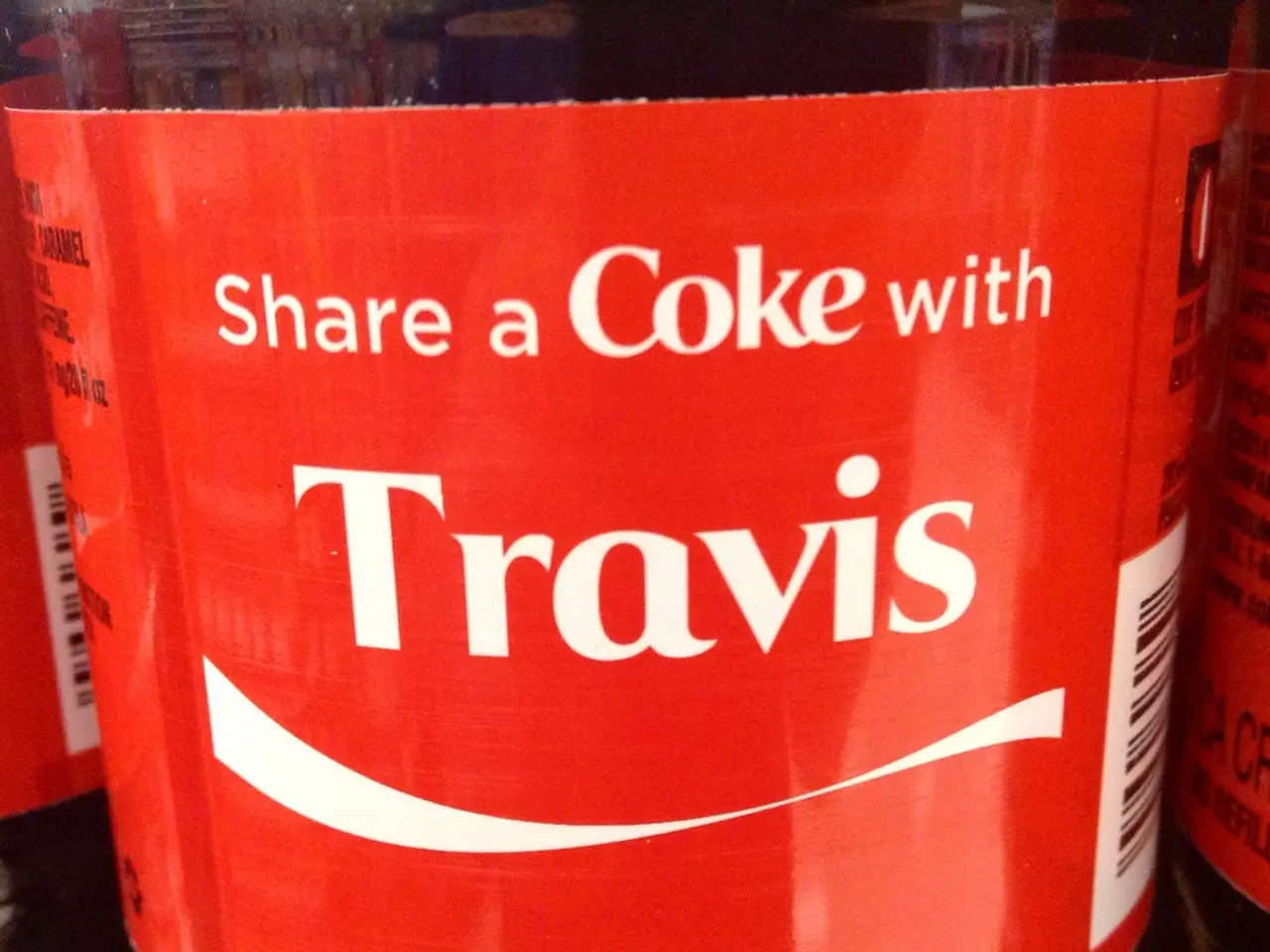Taurus Support for Ukraine: Understanding Why Merz's Proposal Triggers Putin's Irritation
German Taurus Cruise Missiles Delivery to Ukraine Triggers Concerns Over Escalation and NATO Involvement
The debate over the possible delivery of German Taurus cruise missiles to Ukraine has gained significant momentum, with German Chancellor Friedrich Merz (CDU) affirming that such a move is not entirely off the table, while the Kremlin issues stern warnings of potential further escalation. Moscow expresses concerns over the Taurus' technical superiority and its potential to represent a more direct NATO involvement in the ongoing conflict.
technical Superiority: Why Taurus Poses a Greater Threat
The Taurus cruise missile boasts unparalleled capabilities making it a potent weapon in modern warfare. Particularly feared in Moscow, the Germany-Sweden-made weapon offers several advantages over other systems like the British Storm Shadow and American ATACMS. Its autonomous low-level flight below 50 meters, controlled by a precise GPS, inertial navigation, terrain profile matching, and infrared target recognition, allows it to effectively bypass Russian air defense systems.
Its Mephisto warhead can penetrate meter-thick bunkers and detonate optimally at the selected floor, making it highly effective against well-protected targets. With a range of up to 500 kilometers, the Taurus could potentially threaten strategically important targets such as the Crimean Bridge or even Moscow, presenting a nightmare scenario for Kremlin chief Vladimir Putin.
Debate over Taurus Cruise Missiles: Russian Anxiety
The renewed Taurus debate has sparked concern in Russia, with political figures and military experts voicing their unease. Sergei Chatylev, former commander of the Russian air defense forces, emphasizes the technical superiority of the Taurus, pointing out its lower radar signature, stealth technology, and autonomous terrain adaptation, rendering it more difficult for Russian air defense to detect.
Chatylev warns that Ukrainian forces could strike logistics centers and command posts deep within Russian territory with Taurus missiles without prior detection due to the system's automation. His assessment mirrors the broader Kremlin anxiety, as the Taurus would be the first weapon type to operate independently of constant target data updates, making it less predictable.
Kremlin Arguments: Direct NATO Involvement
Russian diplomats and military experts argue that the operation of Taurus would not be feasible without German support, particularly regarding the complex target programming and the necessity for high-resolution 3D terrain data, which Moscow claims can only be created with German reconnaissance technology and expertise. However, military experts counter that South Korea and Spain have successfully operated the Taurus without German involvement, suggesting that Ukrainian forces could acquire the necessary skills with proper training.
Russia has claimed that the deployment of Taurus would necessitate the presence of German specialists in Ukraine, which could assign a direct role to German military personnel in the conflict and make Germany a war participant. This interpretation serves as a foundation for Kremlin warnings of further escalation if Germany decides to supply the missiles.
The Ukrainian conflict, viewed through a Russian lens, is perceived as a confrontation with NATO. Taurus' potential delivery signifies an escalation in the aid provided to Ukraine and highlights NATO's increasing entanglement in the conflict. The perceived challenge to Russian interests, coupled with the fear of nuclear escalation, raises concerns over the potential for a more intense conflict.
In summary, the delivery of Taurus cruise missiles represents an escalation of military aid that Moscow interprets as a sign of direct NATO involvement, challenging Russia's strategic objectives in Ukraine and potentially leading to a more violent conflict.
The technical superiority of the Taurus cruise missile, due to its autonomous capabilities and long range, could pose a significant threat to strategically important Russian targets, potentially penetrating meter-thick bunkers and bypassing air defense systems. This war-and-conflicts issue, if further addressed through the delivery of Taurus missiles, is seen by Moscow as a kind used of NATO involvement, fueling concerns over potential escalation and further challenges to Russian interests.
The potential deployment of Taurus in Ukraine would risk direct NATO involvement, as Russia argues that German support would be necessary for its operation, implying a potential role for German military personnel in the conflict. The use of these missiles in the ongoing conflict, seen from a Russian perspective, would represent a more direct confrontation with NATO and a further escalation in the aid provided to Ukraine, potentially leading to a more intense conflict.








